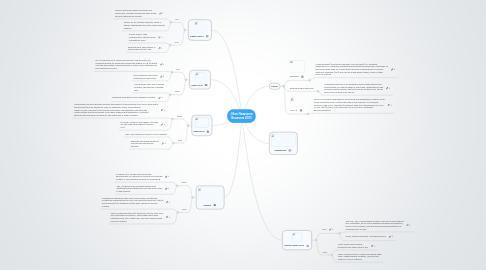
1. Chrome
1.1. Cons
1.1.1. In March 2012 Google announced the development of a version of Chrome for both the Modern UI and desktop versions of Windows 8.
1.1.2. This, its speed and minimalist design have deservedly been attracting more and more users to the browser
1.2. Pros
1.2.1. Hardware acceleration adds even more speed, and though Google has implemented Do Not Track privacy protection (set to off by default), it's probably not the best choice for privacy mavens.
1.2.2. Heavy multimedia sites still took their time to load. On a very fast wired connection, some page result were extremely fast, but in that case, you don't really benefit from pre-loading
2. Explorer 10
2.1. Cons
2.1.1. The browser has also received scrutiny throughout its development for use of third-party technology (such as thesource code of Spyglass Mosaic, used without royalty in early versions) and security and privacy vulnerabilities, and both the United States and the European Union have alleged that integration of Internet Explorer with Windows has been to the detriment of other browsers
2.1.2. No built in Flash or PDF reader. Still lags on new Web tech support (WebGL, e.g.).
2.2. Pros
2.2.1. Fast. Lean interface. Decent HTML5 support.
2.2.2. Excellent tab implementation. Top security and privacy features.
3. Opera 12.10
3.1. Pro
3.1.1. On 12 February 2013, Opera announced it will transition its rendering engine to WebKit and javascript engine to V8, so that it can take advantage of advancement of open source standards of the Chromium project.
3.1.2. Turbo feature makes slow connections even faster.
3.2. Cons
3.2.1. Occasionally sites won't display properly, though this is getting rare.
3.2.2. Hardware acceleration not enabled by default.
4. Apple Safari 5
4.1. Pro
4.1.1. Safari’s launch and page-load times are impressive, and the browser provides all the security features we sought.
4.1.2. Known for its intuitive usability, Safari is Apple’s lightweight and super sleek internet browser.
4.2. Con
4.2.1. It lacks some of the customization options many competitors offer
4.2.2. bare interface, the browser is unadorned but ultra-slee
5. Define:
5.1. Browsers
5.1.1. A web browser (commonly referred to as a browser) is a software application for retrieving, presenting and traversing information resources on the World Wide Web. An information resource is identified by a Uniform Resource Identifier (URI) and may be a web page, image, video or other piece of content
5.2. Browser plugin extension
5.2.1. A browser extension is a computer program that extends the functionality of a web browser in some way. Depending on the browser and the version, the term may be distinct from similar terms such as plug-in or add-on.
5.3. HTML 5
5.3.1. HTML5 is a markup language for structuring and presenting content for the World Wide Web and a core technology of the Internet. It is the fifth revision of the HTML standard (created in 1990 and standardized as HTML 4 as of 1997)[2] and, as of December 2012, is a W3C Candidate Recommendation.
6. Marketshare
7. Mozilla Firefox 16.02
7.1. Pros
7.1.1. This lean, fast, customizable browser can hold its own against any competitor, and it offers graphics hardware acceleration, good HTML5 support, and the unique Panorama system for organizing lots of tabs
7.1.2. Clean, minimal interface. Fast performance
7.2. Cons
7.2.1. Lacks client-side tracking protection like that found in IE9.
7.2.2. Lacks Chrome's built in Flash and Instant page view. Slightly behind Maxthon, Chrome and Opera in HTML5 features.
